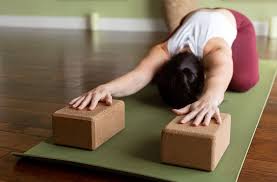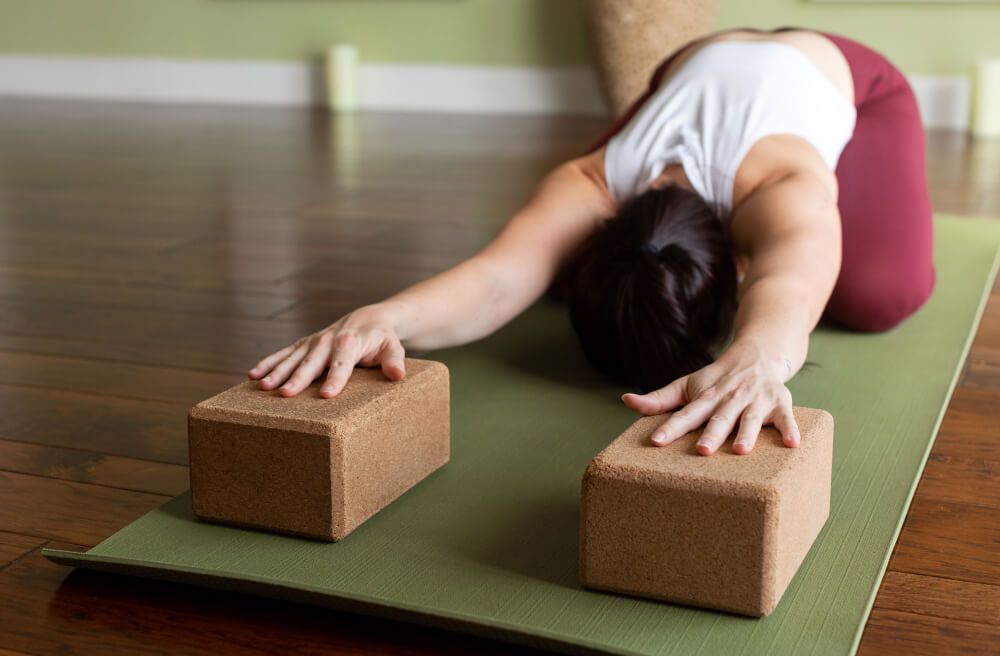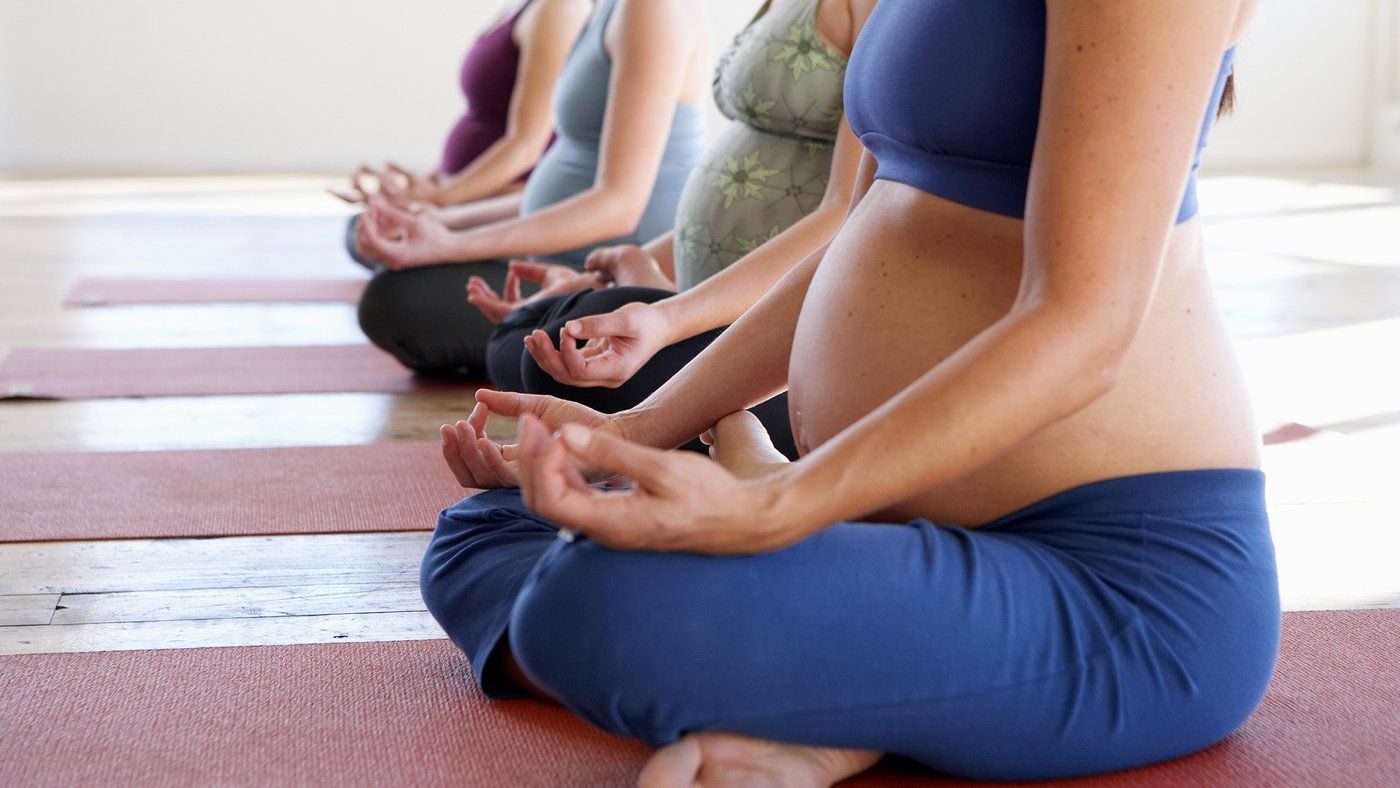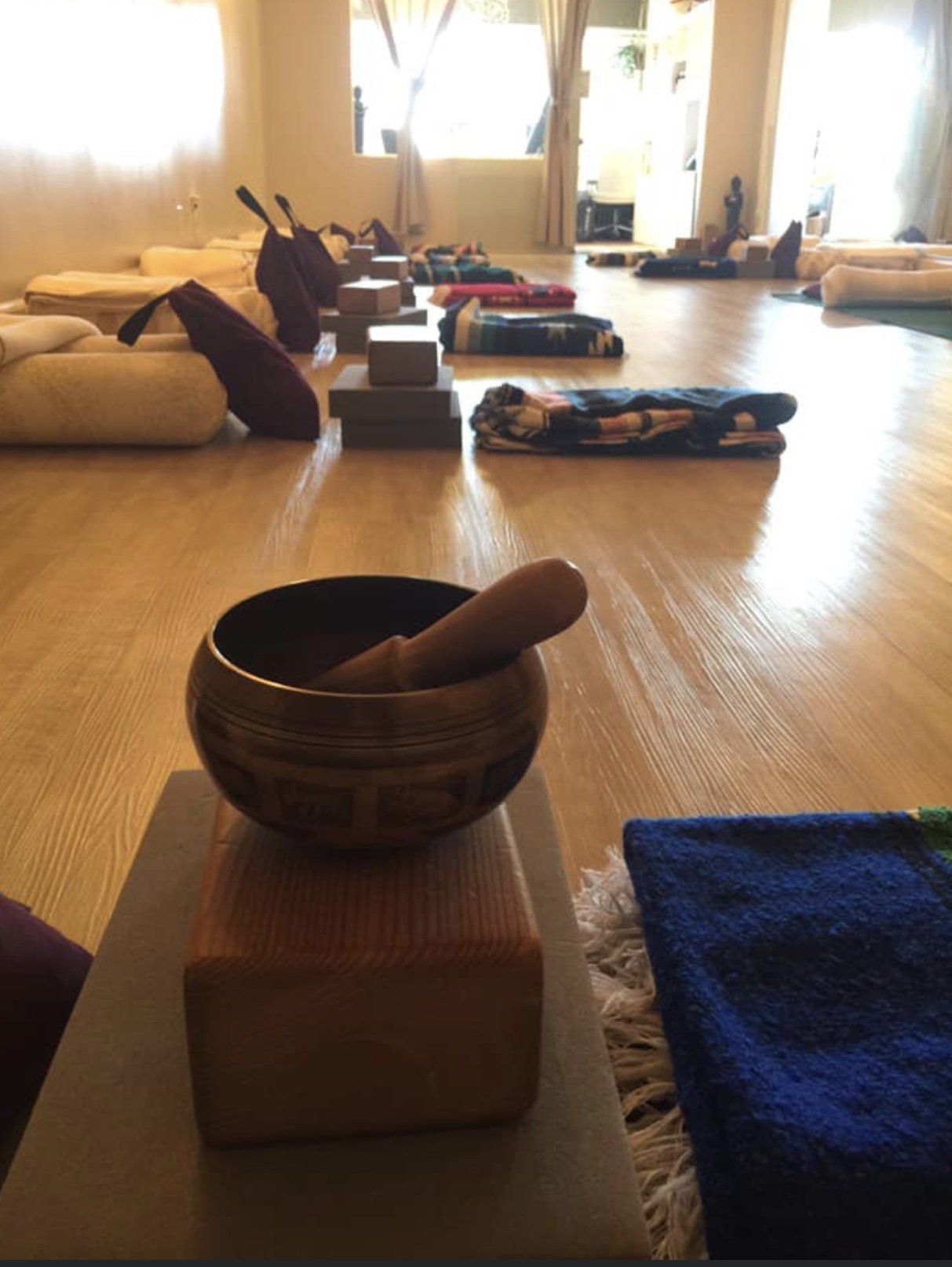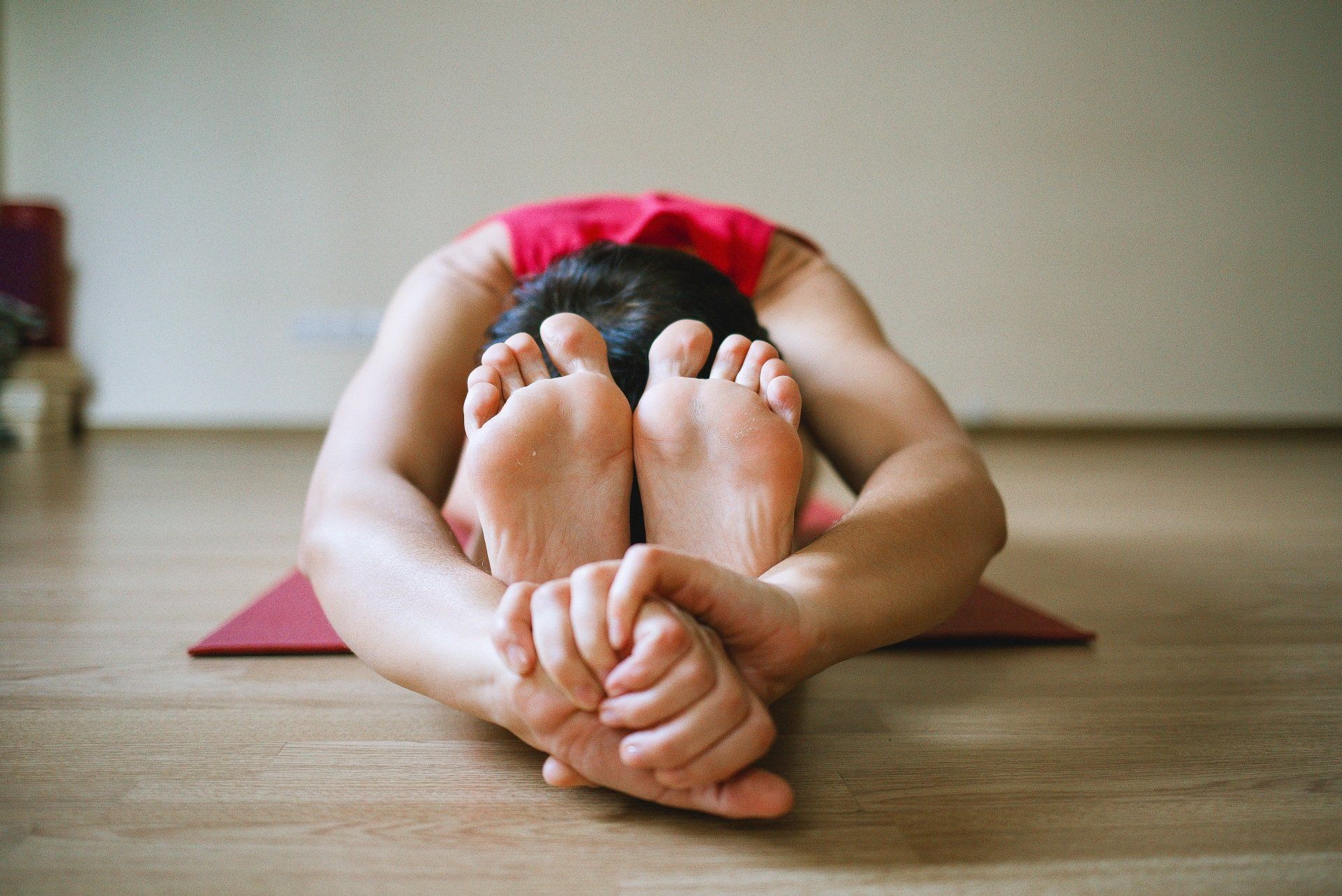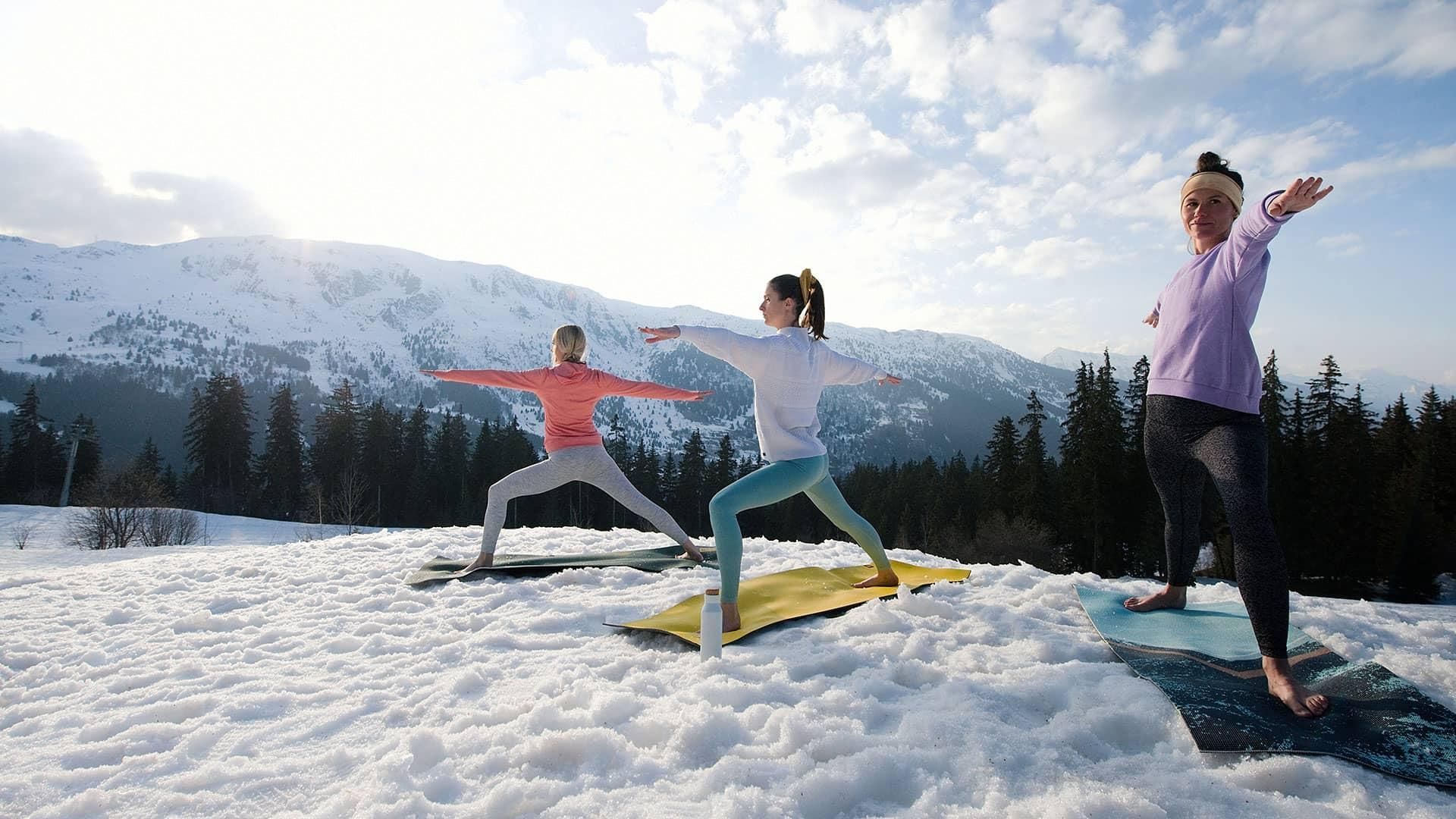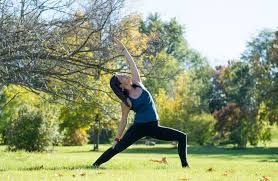The 2 Very Powerful Antidotes for Anxiety and Depression Yoga Offers Us!
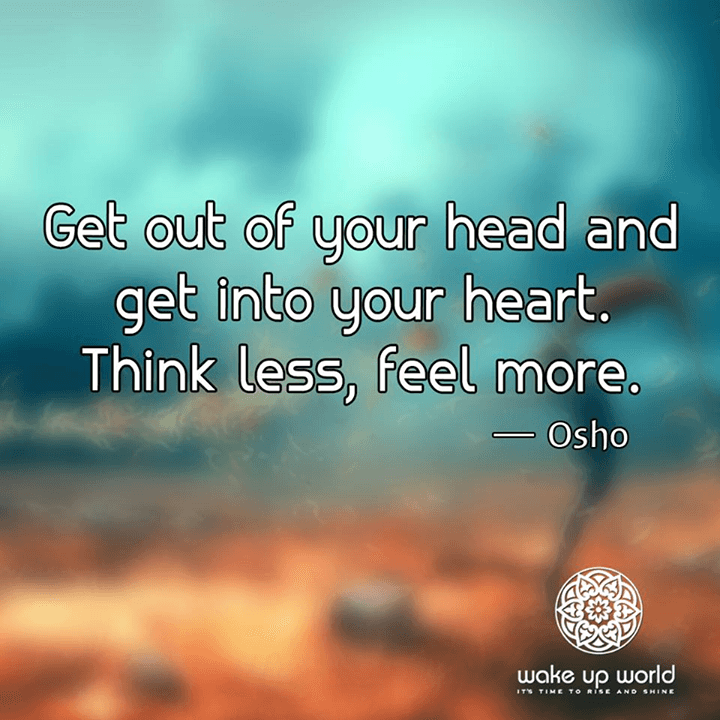
Yoga is a powerful antidote for the symptoms associated with anxiety and depression. With a regular practice of asana (poses) and pranayama (breathing) many of these symptoms can be alleviated and our lives can be brought back to a restorative place. Anxiety and Depression often leaves us unsettled, full of worry, fear and apprehension. The effects of these emotions have an impact on every part of our day.
So how does yoga help? In a nutshell, it heals our nervous system. The nervous system for those suffering from the effects of anxiety and depression is maxed out, fried up and struggling to find balance. These 2 forms of yoga have been proven time and again to have immense restorative benefits.
Pranayama (Breathing)……
The most powerful antidote possible to anxiety and depression is one we all carry with us each second of every day; our own breath. The breath is a magic elixir for stimulating the parasympathetic nervous system which is the answer to restorative pacifying calm. Here is a quick science explanation of how the breath offers us those feelings. As those unsettling symptoms begin to arise in us our breathing becomes short and rapid. This leads to oxygen building up in our bloodstream while lowered amounts of carbon dioxide are present. This very much upsets the ph levels in our blood resulting in respiratory alkalosis. Respiratory alkalosis creates irritability, muscle twitching, nausea, confusion and lightheadedness……how can anyone focus on the rest of life happening around them when their bodies are in turmoil?
Simply put, they can’t and this then leads to chronic issues and depression. Pranayama or yogic breathing is a tradition that dates back 5000 years and has proven to be immensely effective at regulating and healing the nervous system…..By slowing and regularizing our breathing we instantly engage the parasympathetic nervous system (PNS). This leads to raised carbon dioxide levels and brings the ph level in the blood to a healthier state. The vagus nerve is stimulated and begins to secrete acetylcholine which then reduces the heart rate and restores all efficient organ function throughout our entire body. Boom! there it is, peace…..
Restorative Yoga (ahhhhh)……
First of all, what is restorative yoga not? Boring, and slow…..restorative yoga is anything but boring and slow let’s just clear that up straight away. Even the most active flow minded yogi can benefit from the deep therapeutic effects of restorative yoga and see the benefits to their regular practice. Restorative yoga increase flexibility and releases tense muscles by purging out built up negative energy in the muscles. We can all benefit from a restless mind, especially those suffering from anxiety and depression. Restorative yoga is a form of therapy and meditation that you will eventually carry off your mat and into your life. You’ll have the tools with you that can quiet that monkey mind and spark calm. Restorative yoga heals the body by activating the PNS. Body healing comes from a ideal regulated heart rate, intestinal activity and organ function. Overtime the negative effects from anxiety and depression lessen. Restorative yoga induces emotional healing by digging up buried negative emotions from our tissues and soul, they come to the surface to be released. We can all notice and benefit from a boost to our immunity which will come from body healing. There are amazing benefits that can be reaped from restorative yoga and they all are within our own power and control. This investment we can all make to ourselves has countless positive effects in battling symptoms of anxiety and depression and simply leading to a grander life. Treat yourself and experience this magic elixir bring you back home to yourself.
Christina is a mommy to 3 + 1 on the way, an entrepreneur, owner of The Yoga Studio Calgary and a living life to the fullest junkie. She is inspired by many who walk along side her and many she continues to dream who will.
